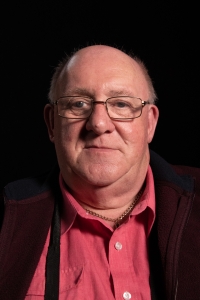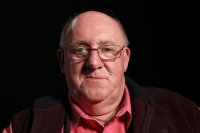My father escaped death march and was lucky that he found these kind, brave people in Mnichovo Hradiště.

Download image
Cyril Evans was born in Wales eleven years after the end of WWII. His father was Robert Evans, British soldier, who fell into German captivity in 1940. He spent almost five years in Stalag prisoner camps on the territory of today´s Poland. In January 1945, when he was in the last of them, Lamsdorf, the camp inmates were forced to join a death march across the borders towards the Czech lands. After having marched for a month, Robert Evans managed to escape. He found help and refuge in Mnichovo Hradiště and its vicinity. He was hiding in the community hall of the Sokol movement with the help of family Pravda, for the next three months he took cover in the mill of Josef Ruta. After the war, he returned to Wales and kept exchanging letters with both families until the Communists took over in 1948. From this moment, contacts were broken. It took until 2021 that his son Cyril found out, where exactly his father was hiding. With the assistance of local journalists and historians, he identified the descendants of both families. Subsequently he visited Mnichovo Hradiště, met the descendants and paid tribute at the graves of those, who saved the life of his father and other prisoner refugees.






